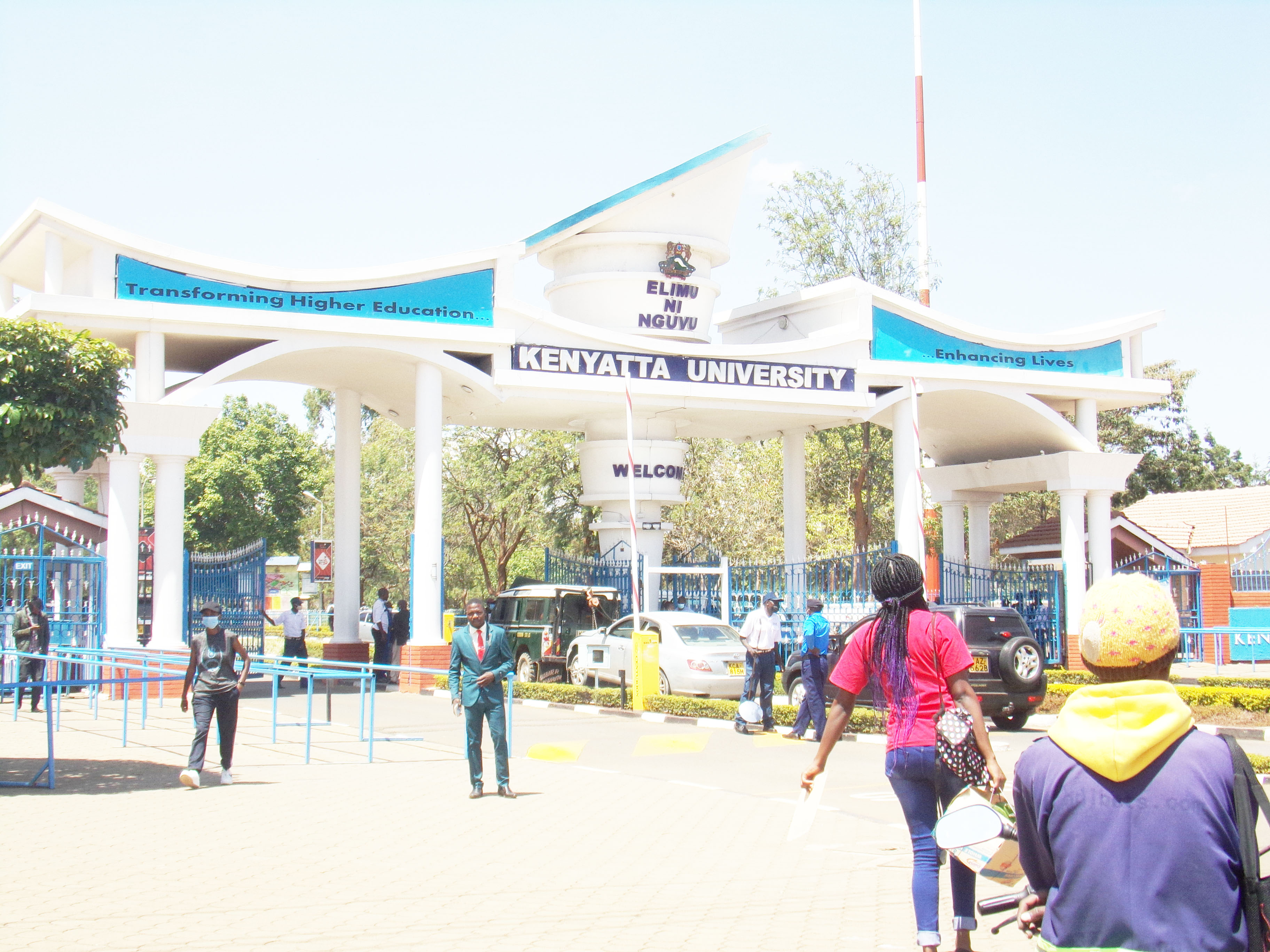By Andrew Walyaula
waliaulaandrew0@gmail.com
It is six in the evening. Some students as busy buying supper, others are preparing to go to the library while others are doing their general cleanliness.
Janet, not her real name, is preparing to report to her ‘job’. She is a student in one of the big universities in Nairobi. On this particular day, she takes me with her to witness how their crew works.
By seven p.m, she was ready to leave. She wore a goldish, short, skinny dress and had a purse in her hand. We left for one of the clubs in Thika.
Janet reveals that she doesn’t have any other way of generating money and that what she does is the easiest way to make money because her family can’t support her.
“I have to share with my family what I earn.’ Janet says.
At the club, there are men playing chess and pool table. Several girls are enjoying bottles of bear alone.
“Those are my fellow students. Every university has its specific club,’ she adds. ‘If a female student from another university shows up here, we will chase her away whether or not she comes with her own man.’
After a while, the men started approaching the ladies and buying them drinks as they move to isolated places.
‘It’s a matter of luck here. We usually carry a few coins to use as fare if things don’t go as planned. To succeed, you must use all possible means to entice your client and to satisfy them or else they will dump you,’ Janet explains.
Janet reveals that she is HIV positive and that she uses dippers daily because of how she has been badly handled by men.
‘The men use any part of your body without care. As long as they feel good,’ she says.
Many students also search for lovers online using mobile applications like Tinder, Tagged and using websites like Badoo.
Janet adds that through these apps and websites, she has been able to get many clients.
“The apps enable one to set the proximity. For instance, I navigate around Nairobi, Kiambu and Kajiado. I charge Shs 2000 for a night stand and a minimum of Shs 4000 during the day,” she says.
Janet reveals that she also has boyfriends within the campus.
‘I have to be around the campus boyfriend when HELB is disbursed. He also acts as ‘okoa jahazi’,” she says.

She reveals that she has friends who sell themselves for as low as Shs 50 within the varsity premises.
Nick Masiebi, a fourth-year student at Kenyatta University pursuing education, says that life was good in campus when he joined.
“In first year, my relatives used to send money but everything changed in my second year,’ Masiebi says.
He reveals that the HELB loan alone isn’t enough to cater for all his needs and that he had to do part time jobs like ‘mjengo’ to make ends meet.
‘There was a time I had to mobilize my friends on a WhatsApp group to help me raise my school fees,’ he says.
He reveals that there is a probability that many students who thrive in universities have hidden agendas.
“I had a friend who was classy. He used to say he owns an academic writing account but when he was ambushed, it was discovered that he was a drug dealer,’ Masiebi explains.
He revealed that he is affected by peer pressure and that like other students, he wonders how far campus relationships should go.
‘I was in a relationship with a lady. I expected it to be casual where we would meet on weekends but she forced me into cohabiting,’ he adds.
He notes that many male students play husbandry roles that they aren’t braced for and that unfortunately after schooling, the ladies disappear.
It is also probed that cohabitating has become employment. A number of students abscond going home for holidays to spend time with their spouses with the excuse that they are working.
Ochieng Oyeyo, a parent to a university student, explains that university funding is not adequate because the economy is on its knees. He adds that in the 80s, university students were paid what was known as boom and new graduate workers were given furnished houses.
Dr Babere Chacha explains that the most students who get HIV, have unplanned pregnancies, join terror groups and become drug traffickers come from poor backgrounds.
“The poor continue to be poor as their children suffer the consequences. These students live in slums and engage in prostitution. I can say these are the remnants of capitalism,” Dr Chacha observes.
Recently, the death of a fourth year university student at SEKU due to hunger and starvation sparked a lot of online conversations and highlighted the devastating situations of university students.
It was also reported that Moi University students were collapsing during lecture hours during the pandemic. This was attributed to delayed HELB loan disbursement.
Dr Chacha says that HELB failed when it started funding students individually.
‘HELB started being corrupt by funding individuals. During our time, we were given loans as a group. The money was channeled to important things like food and books. Students nowadays graduate without books because they use their loans to buy food,’ he argues.
He faulted the manner in which students join universities immediately after finishing high school and said that during their time, they would take four years with their parents before joining universities.
‘We were domesticated by the universities. This made us well behaved as we could be identified from the university we came from,’ he said.
He argues that the government also prioritizes basic education more than higher education.
“Why should primary school children be given laptops while the university students do not have? We need a government which will prioritize on higher education,” Dr Chacha says.
Dr Ali Getegoro, a linguistic lecturer at Umma University said that while in Thika one day, he heard some ladies around saying how university students compete around with sluts.
Dr Getegoro suggests that work-study programmes should be enhanced in institutions.
‘Instead of outsourcing cleaners, the students can do the job. ‘He says.
He adds that there are entrepreneurial programmes in universities and that scholarships and bursaries should be increased so that many students benefit.
“Umma University has a donor who supports students. We also have the Umma University Students’ Support Programme where students get partial scholarships,” he says.
Dr Gategoro explains that university underfunding is the cause of all of the problems students face in university.
“The cost of living in universities is unbearable. Both parents and the government are failing,” he says.






